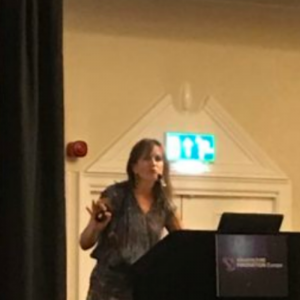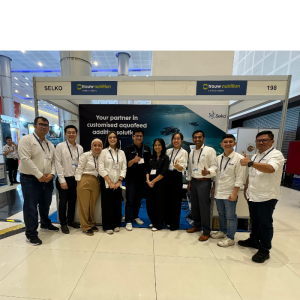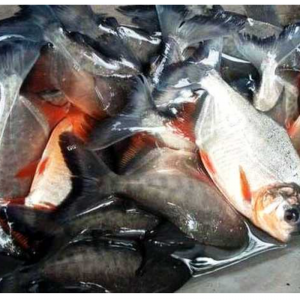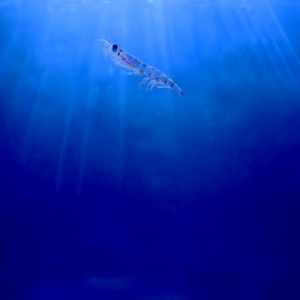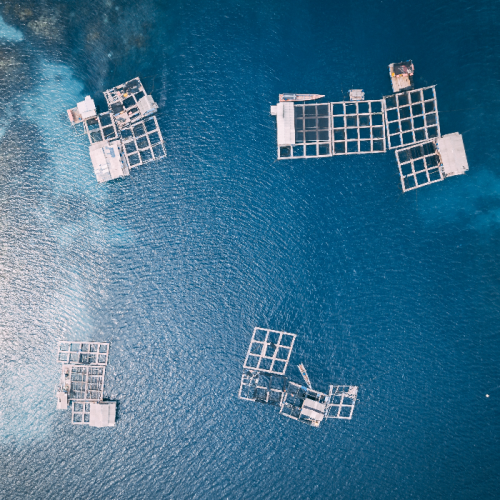
New Study Finds Aquaculture Could Help Counter Drivers of Climate Change
| Fri, 28 Jan 2022 - 11:36
A joint study recently released by the University of Adelaide and The Nature Conservancy (TNC), titled “Climate-Friendly Seafood: The Potential for Emissions Reduction and Carbon Capture in Marine Aquaculture,” reveals aquaculture done right could actively reduce the drivers of climate change.
The study assessed greenhouse gas emissions for marine aquaculture of fed-finfish, macroalgae, and bivalves. According to the study, mariculture generates 37.5 percent of all aquaculture products and 97 percent of the world’s seafood harvest. Though mariculture already has a lower greenhouse gas emission footprint than terrestrial products, further low-emissions strategies must be implemented as production continues to scale up to meet future global demand.
The study outlines six principles for industry and regulators that the authors believe will make “significant and immediate progress in the development of climate-friendly mariculture practices and emissions reductions outcomes.”
The majority of principles focus on emission changes for on-farm production and future development choices. A key principle of the study is better placement of mariculture farms away from established sensitive “blue carbon” habitats, such as seagrass fields, and into deeper, faster-flowing water. Better placement of farms could minimize overall emission rates by reducing the degradation of habitats that serve as carbon sinks. Currently, this degradation is not factored into mariculture-emissions rates, while emission rates due to land degradation caused by terrestrial farms are included – creating a partially formed picture of mariculture-emission rates and the industry’s sequestration ability.
Read more: Experts Discuss Climate Change Threats to Aquaculture
The study also found that the current scale of seaweed mariculture is not large enough to make a sizeable difference in carbon sequestration. The fate of seaweed end-products leads to short-term carbon capture instead of the desired long-term capture, reducing the impact it could have on climate change.
The study also found that polyculture – the farming of multiple crops – can support on-farm emissions reductions. Co-farming of seaweed and bivalves or fed-finfish with bivalves or seaweed absorb excess nutrients to reduce eutrophication, possibly generating better conditions for related blue-carbon habitats.
To improve overall carbon impacts, the study said, on-farm productions need to increase their efficiency and reduce nutrient inputs and waste. Lowering the overall energy usage, but also switching to low-emission energy sources, is one strategy to do that. The adoption of climate-friendly practices at the farm, country, and regional scales, however, are impacted by the availability of technology, infrastructure, investment, and the value of products being farmed.
Lastly, the study found that carbon accounting in mariculture studies that include the full supply chain and standardized reporting are critical. Studies need to report the positive and negative interactions between mariculture operations and the surrounding marine environment to develop better strategies moving forward.
Read more: Growing Fish on Land Will Exacerbate Climate Change
Overall, the study identifies the greatest opportunity for fast, high-volume reductions will come from changes in upstream and downstream parts of the supply chain. “Upstream” includes food production and processing, transport of feed, terrestrial land-use change for feed, and production of supply of eggs, larvae, or propagules. The “downstream” refers to the processing, packaging, refrigeration, and transport of the final product.
This study indicates mariculture has the opportunity to grow as an industry reducing climate change through carbon sequestration and net-zero emissions. Protein sourced from mariculture would be more sustainable and secure than terrestrial-based sources if innovations are made, and strategies are researched further.
Source: seafoodsource.com













